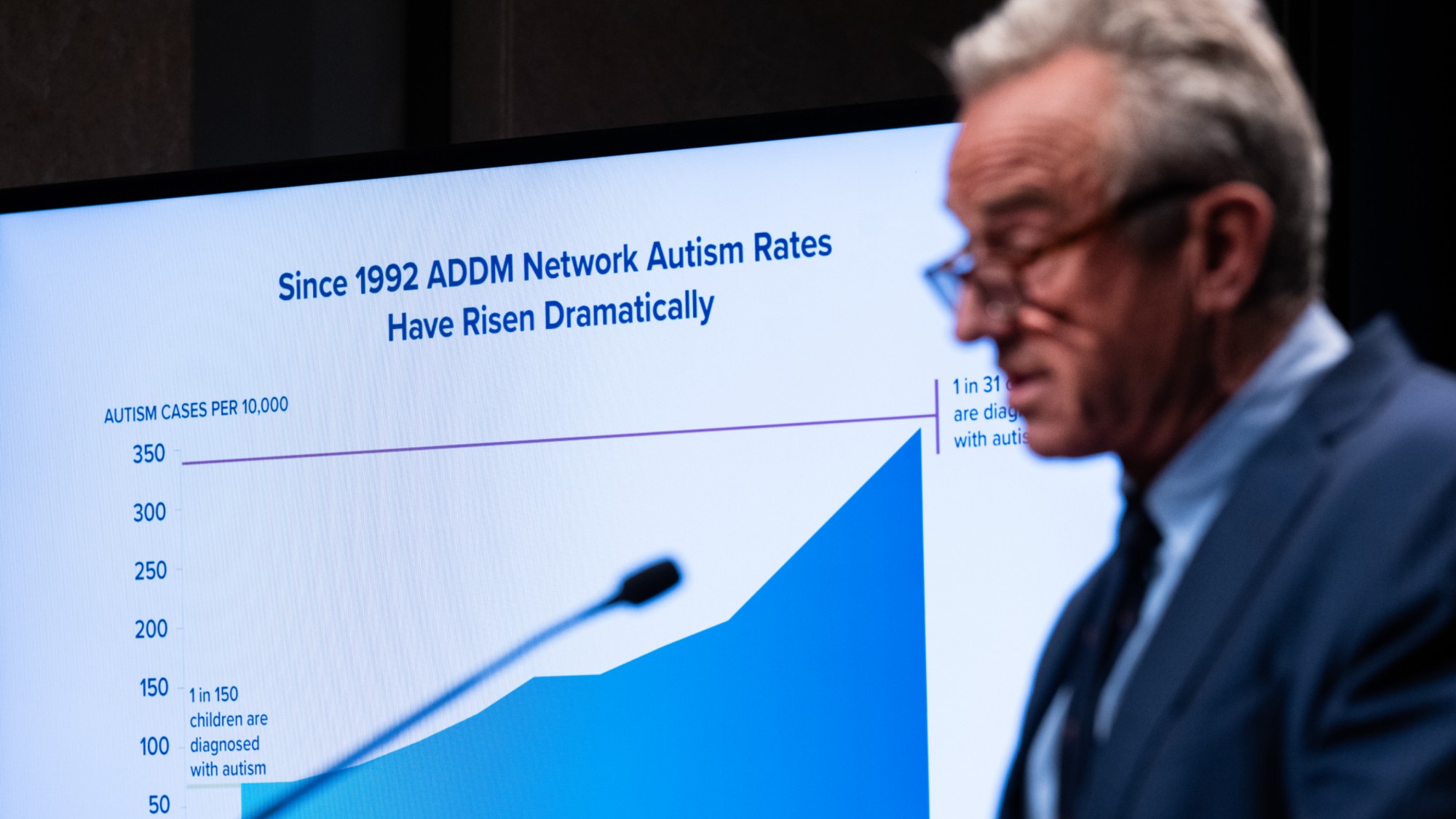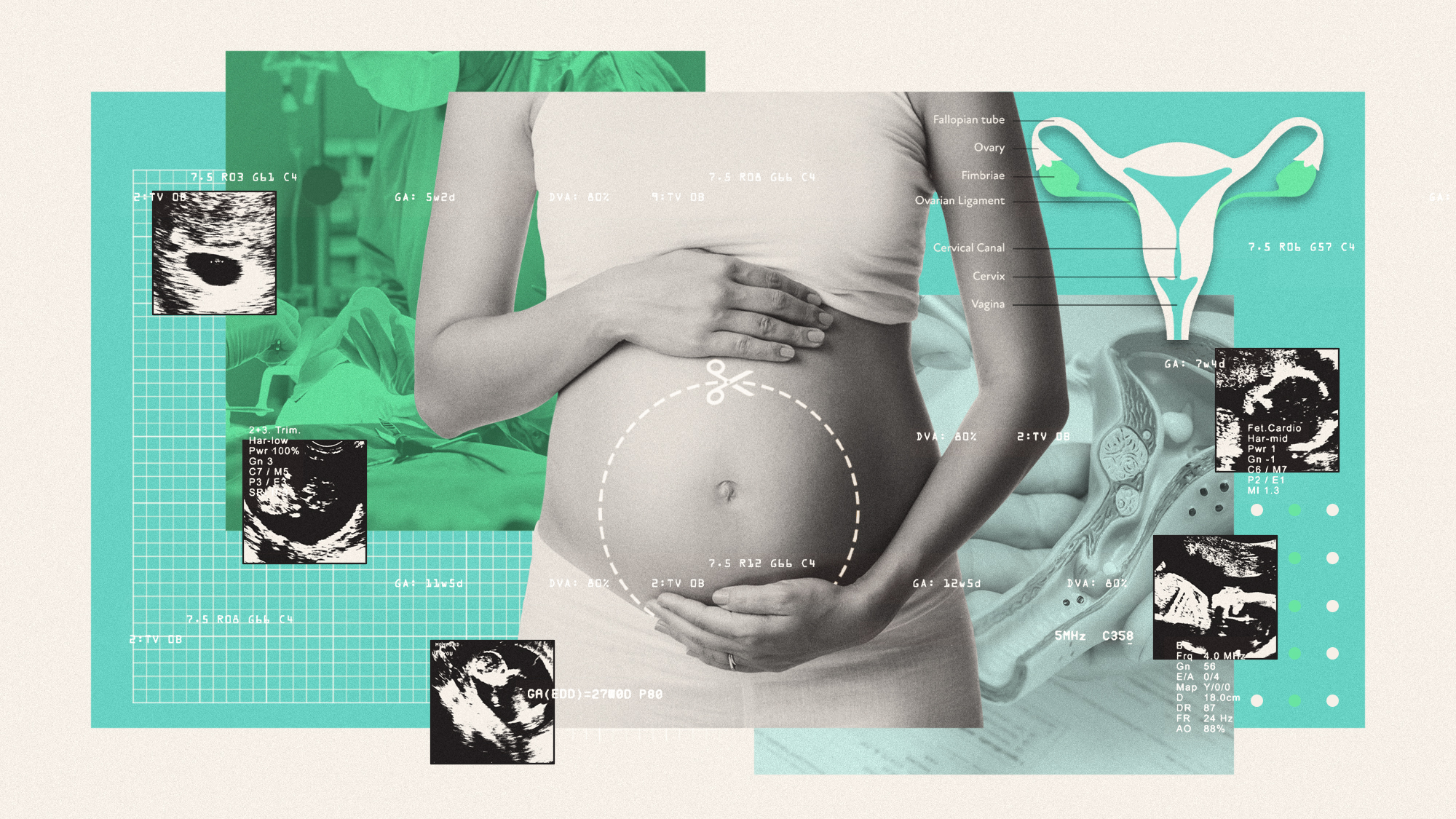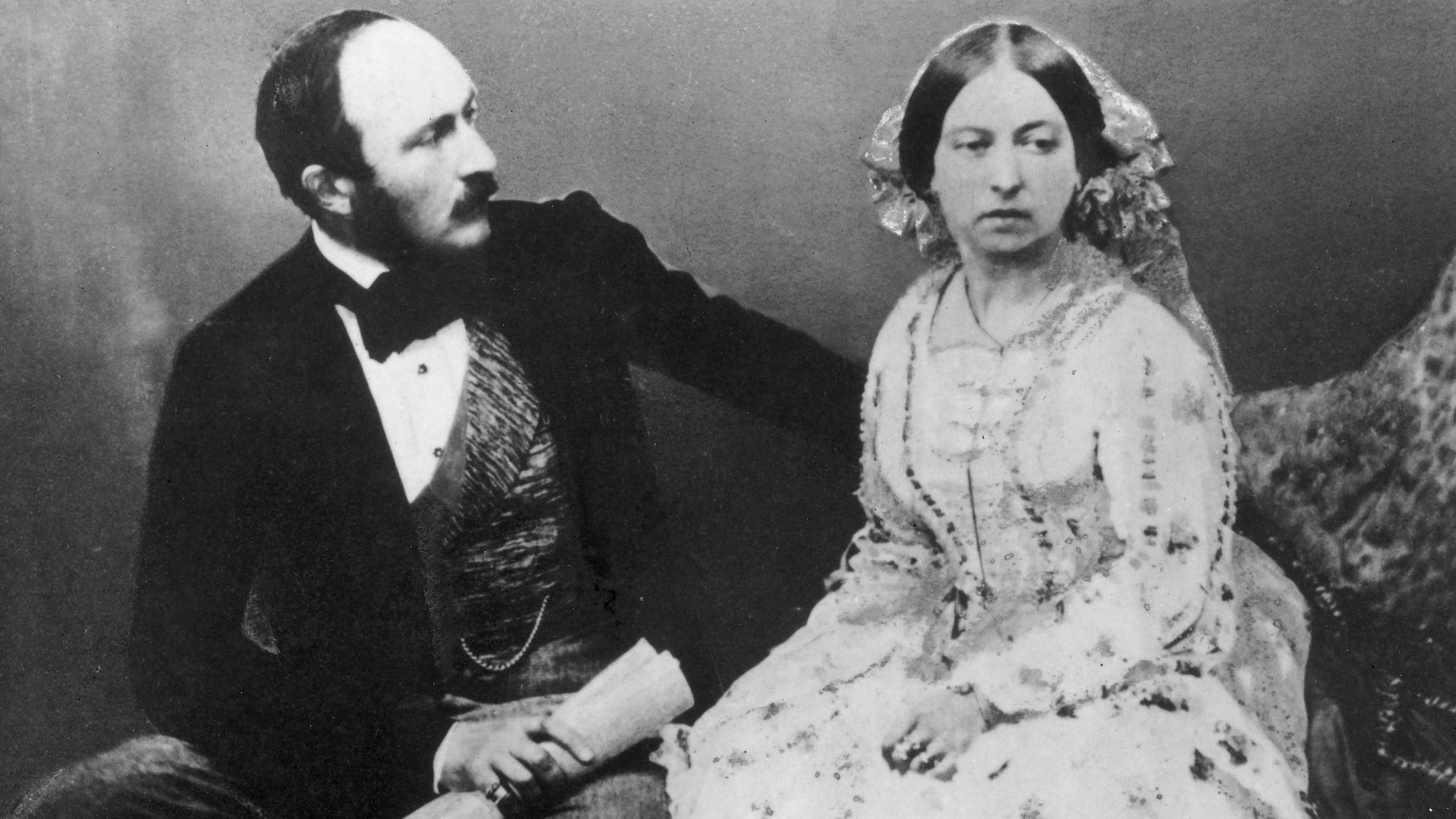The rise of pronatalist tech bros
'Mix of narcissism, altruism and dreams of immortality' behind drive to reproduce exhibited by likes of Elon Musk

A free daily email with the biggest news stories of the day – and the best features from TheWeek.com
You are now subscribed
Your newsletter sign-up was successful
For Elon Musk, declining global fertility rates are "not just a crisis, but the crisis", said Bloomberg. In 2022, the multi-billionaire X and Tesla owner tweeted that "a collapsing birth rate is the biggest danger civilization faces, by far" including that posed by global warming.
His solution – to father more children – is part of a growing trend among other Silicon Valley "bros" towards a controversial brand of "pronatalism". Musk, the world's richest person, has fathered at least 12 children with three mothers, while billionaire founder of the Telegram messaging service, Pavel Durov, revealed that a sperm donation he made to a fertility clinic had resulted in children conceived in 12 countries by more than 100 couples.
A social imperative
For the pronatalist movement, having many children is "not an individual choice, but a societal imperative", wrote Luke Munn, a digital cultures expert from the University of Queensland, on The Conversation. Higher birth rates "are necessary to maintain population levels, support economic growth, and preserve cultural and national identities".
The Week
Escape your echo chamber. Get the facts behind the news, plus analysis from multiple perspectives.

Sign up for The Week's Free Newsletters
From our morning news briefing to a weekly Good News Newsletter, get the best of The Week delivered directly to your inbox.
From our morning news briefing to a weekly Good News Newsletter, get the best of The Week delivered directly to your inbox.
It has "strong links" to effective altruism, a movement tied to Silicon Valley and elite schools, which uses "evidence and reason to figure out how to benefit as many people as possible", and long-termism, "which insists our long-term future is the key moral priority".
Due to its appeal to diverse political and ideological strands, pronatalism has found fans among "a loose confederation of religious conservatives, libertarian techies and blogger bros", said Bloomberg. Supporters broadly share the aim of incentivising parenthood from an economic and political standpoint, but for Silicon Valley pronatalists in particular the rationale and objectives are somewhat different.
Genetic largesse
Many of these Silicon Valley elites find themselves in the "emerging class of right-wing progressives who view technology as the natural solution to and means of childbearing itself", said Emma Waters, from the Helen DeVos Center for Life, Religion, and Family at The Heritage Foundation.
These entrepreneurs "tend to promote, in practice if not in speech, a selective pronatalism: more babies of a certain kind". Elon Musk is also among a growing number of Silicon Valley investors in fertility technology and research who are "looking for a way to reverse reproductive ageing, overcome infertility, and optimize child selection", said Waters. The goal here is not necessarily saving the world – or even America – from demographic decline, but of "ensuring that their future children are the healthiest, smartest, and best potential children they can be".
A free daily email with the biggest news stories of the day – and the best features from TheWeek.com
They may talk about saving humankind, but their genetic largesse is down to a "mix of narcissism, altruism and dreams of immortality", said the Financial Times. "Some may also believe their genes are more valuable than most and that exceptionalism can (and must!) be passed down."
-
 The EU’s war on fast fashion
The EU’s war on fast fashionIn the Spotlight Bloc launches investigation into Shein over sale of weapons and ‘childlike’ sex dolls, alongside efforts to tax e-commerce giants and combat textile waste
-
 How to Get to Heaven from Belfast: a ‘highly entertaining ride’
How to Get to Heaven from Belfast: a ‘highly entertaining ride’The Week Recommends Mystery-comedy from the creator of Derry Girls should be ‘your new binge-watch’
-
 The 8 best TV shows of the 1960s
The 8 best TV shows of the 1960sThe standout shows of this decade take viewers from outer space to the Wild West
-
 This flu season could be worse than usual
This flu season could be worse than usualIn the spotlight A new subvariant is infecting several countries
-
 Why the FDA wants to restrict kratom-related products
Why the FDA wants to restrict kratom-related productsIn the Spotlight The compound is currently sold across the United States
-
 RFK Jr.'s phase-out of artificial food dyes could face industry pushback
RFK Jr.'s phase-out of artificial food dyes could face industry pushbackIn the Spotlight Will companies comply without an outright ban?
-
 RFK Jr.'s focus on autism draws the ire of researchers
RFK Jr.'s focus on autism draws the ire of researchersIn the Spotlight Many of Kennedy's assertions have been condemned by experts and advocates
-
 The UK's first baby born to woman with womb transplant
The UK's first baby born to woman with womb transplantThe Explainer 'Astonishing' medical breakthrough, the culmination of 25 years of research, could pave the way for more procedures to combat uterine infertility
-
 How Trump's executive orders are threatening scientific research
How Trump's executive orders are threatening scientific researchIn the spotlight Agencies are purging important health information
-
 IVM is a better treatment than IVF for some women
IVM is a better treatment than IVF for some womenThe Explainer A less painful, less costly option for treating infertility emerges
-
 Should the UK ban marriage between cousins?
Should the UK ban marriage between cousins?In the Spotlight Several Scandinavian nations are banning consanguineous unions, with some calling for Britain to follow suit